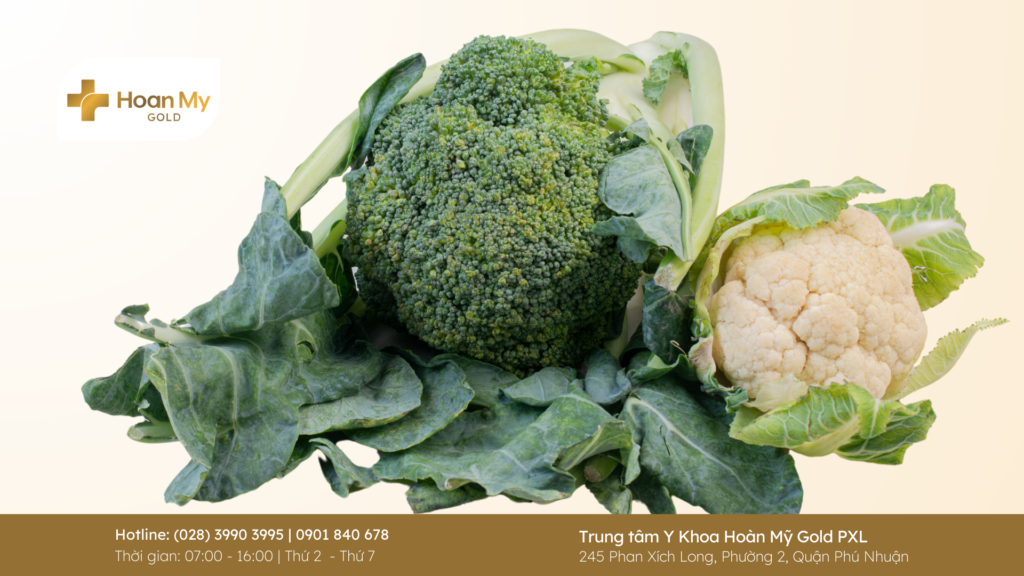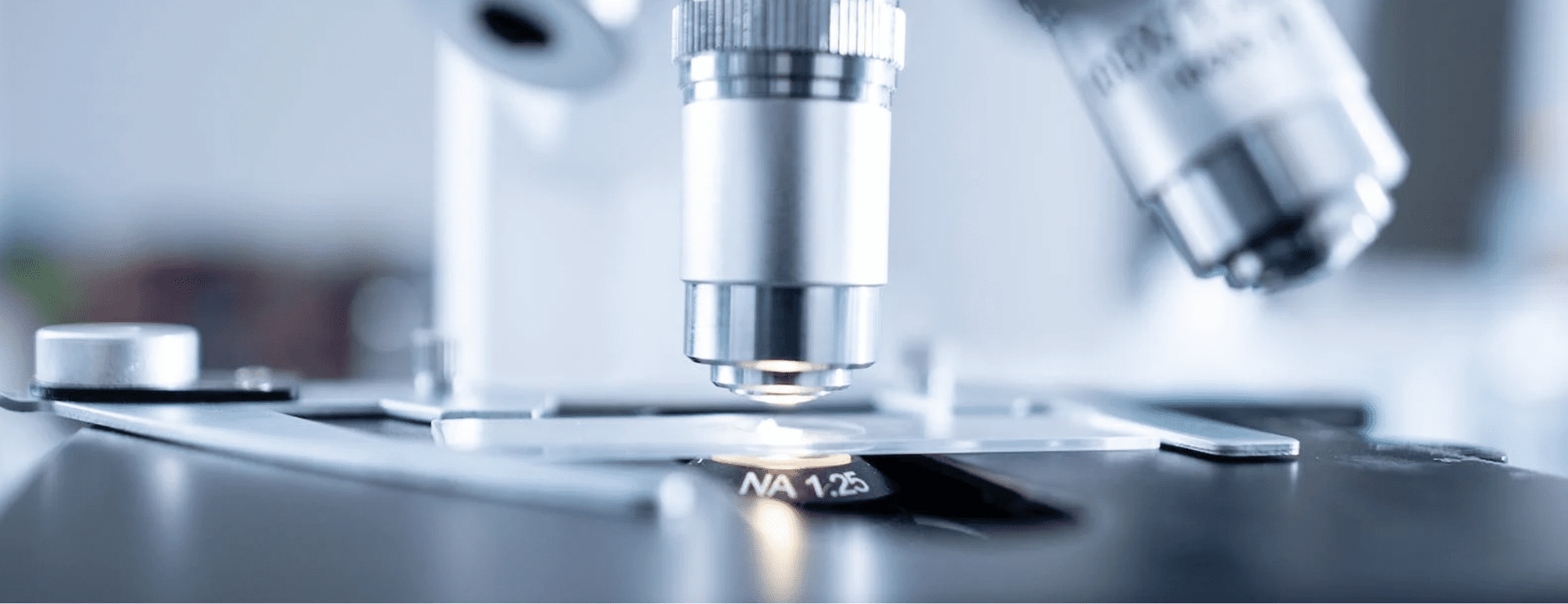Hyperthyroidism is a condition where the thyroid gland becomes overactive and produces excessive thyroid hormones. This can lead to a variety of health issues such as anxiety, unintended weight loss, rapid heartbeat, and digestive disorders. For individuals living with hyperthyroidism (also known as thyrotoxicosis), a well-balanced diet plays an essential role in managing symptoms and improving overall well-being. Below are dietary recommendations to help manage hyperthyroidism effectively. Book a check-up appointment via the link.
Recommended foods for people with hyperthyroidism
Leafy greens and fruits
Vegetables such as kale, spinach, broccoli, cauliflower, and water spinach are excellent choices. They are high in fiber, antioxidants, and essential vitamins that help support immune health and thyroid balance.
Fruits like apples, oranges, watermelon, and avocado are rich in vitamins and minerals that strengthen the immune system.

Adding more greens like kale, spinach, and cruciferous vegetables can benefit those with hyperthyroidism.
Lean Proteins
Maintaining adequate protein intake is important to preserve muscle mass and strength. Good sources include poultry, fish (like salmon and tuna), eggs, legumes, and seeds.
Whole grains
Whole grains such as brown rice, oats, and whole wheat provide lasting energy and help stabilize blood sugar levels.
Healthy fats
Healthy fat sources like olive oil, flaxseed oil, coconut oil, chia seeds, and walnuts can help reduce inflammation and support heart health.
Calcium and vitamin D
Hyperthyroidism may lead to bone loss. It’s essential to get enough calcium and vitamin D from sources like milk, yogurt, cheese, kale, broccoli, and fortified foods.
Foods to avoid for people with hyperthyroidism
High-Iodine Foods
Excess iodine can overstimulate the thyroid. Avoid seaweed, iodized salt, and seafood high in iodine to prevent worsening of symptoms.
Caffeine and caffeinated beverages
Caffeine can increase anxiety, disrupt sleep, and elevate heart rate—symptoms that are already present in hyperthyroidism. It’s best to limit coffee, black tea, sodas, and energy drinks.
Processed and sugary foods
Highly processed foods and sugary snacks can contribute to unwanted weight gain and worsen heart health, especially when thyroid hormone levels are high.
Nutrition supplementation tips
Iodine intake
Avoid overconsuming iodine through supplements or food. Excessive iodine can trigger more severe symptoms.
Essential vitamins and minerals
Vitamin D, vitamin B12, selenium, and magnesium can be beneficial for managing hyperthyroidism. However, consult with your doctor before taking any supplements.
Additional recommendations
Regular health check ups

Routine thyroid hormone level testing and overall health assessments are crucial. This helps adjust your diet and treatment plan as needed. If you notice symptoms such as fatigue, headaches, or rapid weight changes, consult a healthcare professional promptly.
While a proper diet is an essential part of managing hyperthyroidism, it should be combined with medical treatment for the best results.
For consultation or to schedule an appointment, please contact Hoan My Gold PXL hotline: 0901 840 678 or book an appointment at link.
